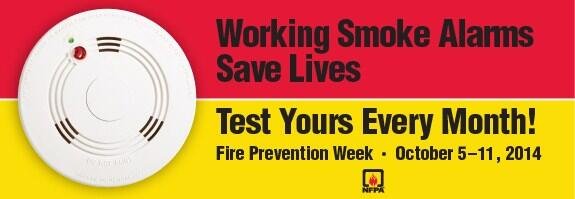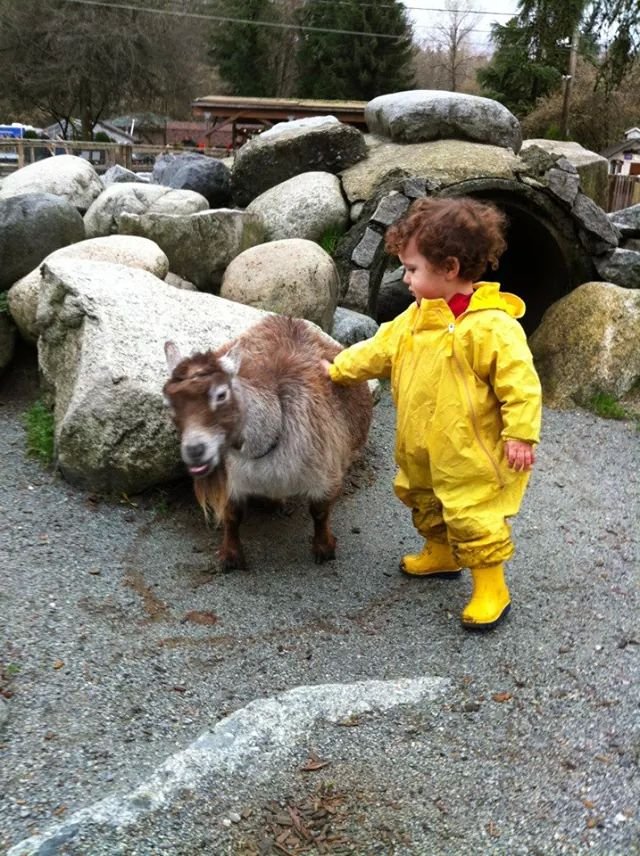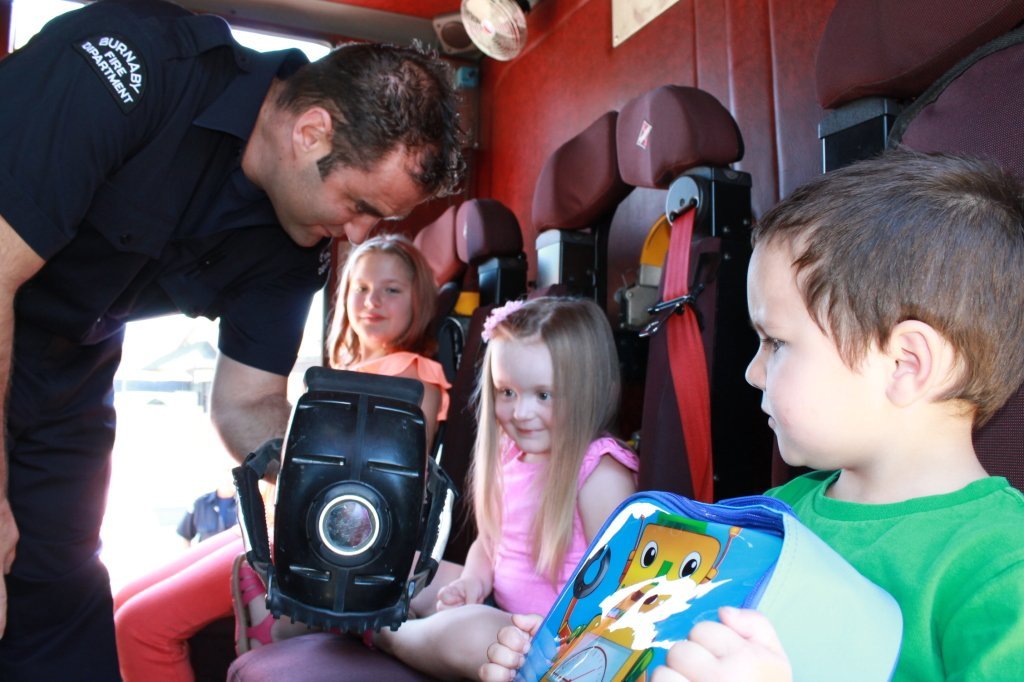
The history of Fire Prevention Week is a tragic one. In 1871, The Great Chicago Fire devastated countless people when it burned through the city for 2 days – October 8th & 9th. In that time 250 lives were lost, another 100 000 were homeless and it had ravaged 2000 acres of land. In 1922, marking the 40th anniversary of the Great Fire, ‘the Fire Marshals Association of North America deemed that the most appropriate commemoration was to do everything they could to educate and inform the public about the importance of fire safety and prevention.’ Since then, Fire Prevention Week takes place annually running from Sunday through to Saturday the week of October 9th.
The Fire Prevention Week 2014 theme is Working Smoke Alarms Save Lives – Test Yours Every Month. Each week in Canada, an average of 8 fire related deaths occur. 73% of these fatalities occur in the home. Most of these happen between the hours of 2-4 am, when you and your loved ones are (hopefully) fast asleep. It is a very important message since roughly 2\3 of all house fire deaths occur in homes without a working alarm!
When it comes to smoke alarms, their lifetime is limited – anywhere from 5-10 years. It is very important to read and follow the manufacturer instructions for your make and model, taking note of its expiration date. Install smoke alarms on every level of the house and in the hallway outside bedrooms if your house is larger. Replace the battery yearly and mark this date on a calendar. It will become even more of a habit to do it annually if you pick a birthday or holiday to do it on. Test your units monthly and clean every six months – write those down too! On the frugal end of things, having a working smoke detector can help lower your insurance costs.
[Tweet “#FirePreventionWeek; 2/3 of all fatalities happen in homes without a working smoke alarm.”]
Along with a smoke detector, it is important to have and practice a fire escape plan. A fire can destroy a house in as little as five minutes so it extremely important to act quickly in the event of an emergency so I can’t emphasize practice enough. Time your escape with a stopwatch (OK your smartphone) with your initial target of assembling in your agreed upon meeting place in 3 minutes or less. Work as a team to get that time fast and consistent. Since most house fires happen at night be sure to practice then as well, using flashlights to see your way safely outside. Remember to crawl during your family fire drills. Smoke is not only thick and black, limiting visibility, but it rises higher with the heat making low on the floor the safest place to be during an escape. And, while the heat of a fire can be so intense so as to kill instantly, it is smoke inhalation that is the largest cause of fire related deaths.
Another safety measure is having at least one fire extinguisher handy, and knowing how to use it. The most recommended type would be the ABC fuel rated fire extinguisher. This type is good for fires due to: burning wood/paper/cloth etc (A), fires caused by flammable liquids like gas or cooking oil (B), and electrical fires (C).
To use a fire extinguisher remember PASS. Pull the pin, Aim at the base of the fire, Squeeze the handle, and Sweep from side to side.
And while were at it, practice with your kids what to do if your clothing catches on fire. Remember Stop, Drop and Roll? Why not make it into a game? Fire tag anyone?
It’s incredibly important that as parents, we focus on sharing awareness with our children so we can help them to remain calm during an emergency situation. Recently, we all took a trip to our local fire hall to give the kids a chance to meet and greet with the firefighters, to try on some of the equipment and to see what the men & women look like out of their fire safety gear. It can be incredibly scary for any kid to see a firefighter during an emergency, with full suits and helmets on, it is usually a first instinct to be scared and hide, or worse, to run. We have a full post about our trip to the fire hall coming up this week, make sure to keep an eye out!
For more information on Fire Prevention Week, visit www.fiprecan.ca
For information, resources and tips on involving your children in fire safety education visit Sparky.org, with fun printables, activities and a home escape fire grid, there’s plenty to discuss with the kids!
How do you prepare your kids for an emergency, do you have a family escape plan?








Fire tragedies always serves as lessons for many. Being aware of fire safety is indeed essential.
Always a lesson after a tragedy. We should learn with this.
Teaching your children and pets to remain calm during an emergency situation could prevent harm or even death,practice once a month to keep things fresh.
Hii,
Always great to have reminders on why it’s so important. My kid is just starting to learn about fire safety in school so we talk about it quite a bit at home.
Great post. We all need to be reminded sometimes about fire safety.
Regards,
Jerry James